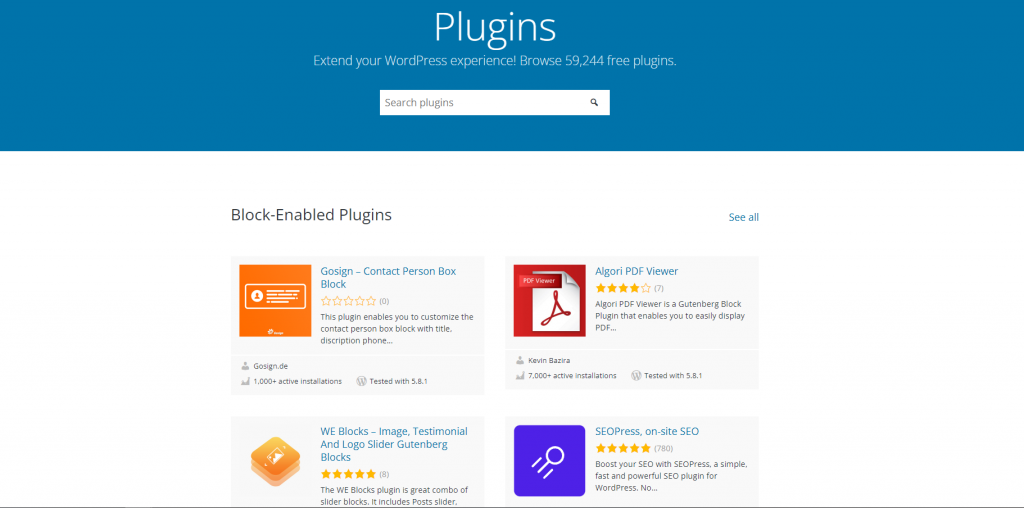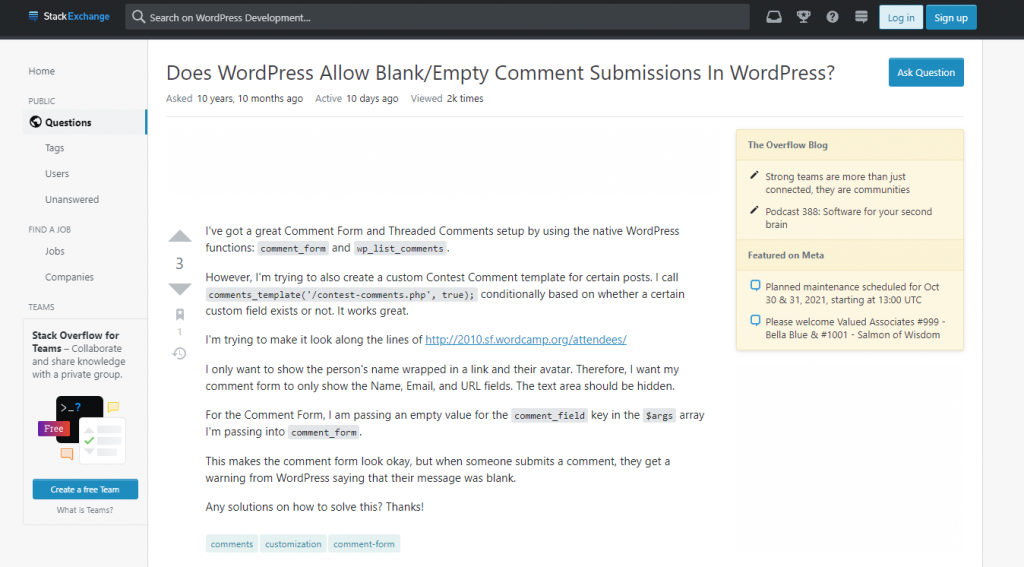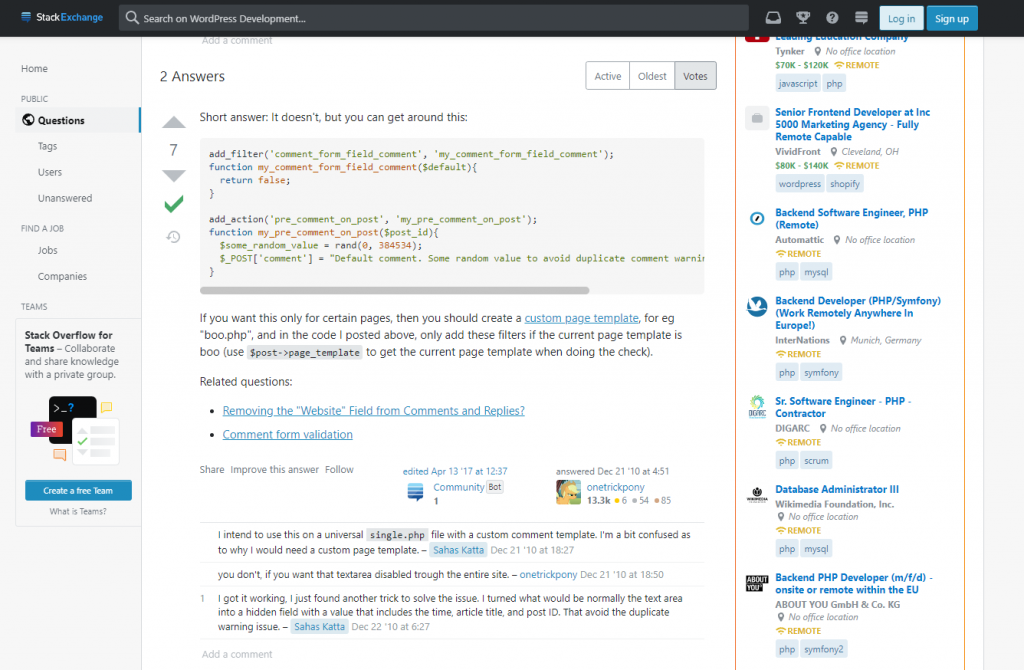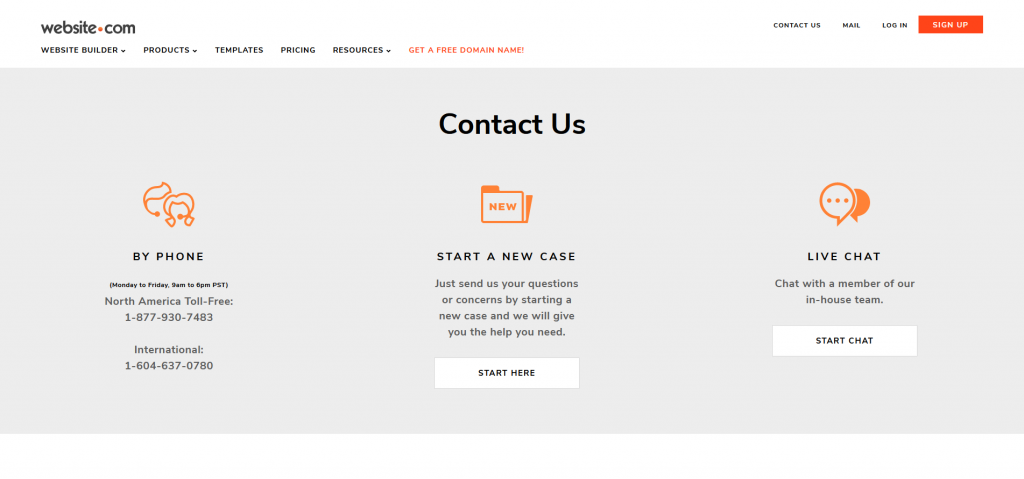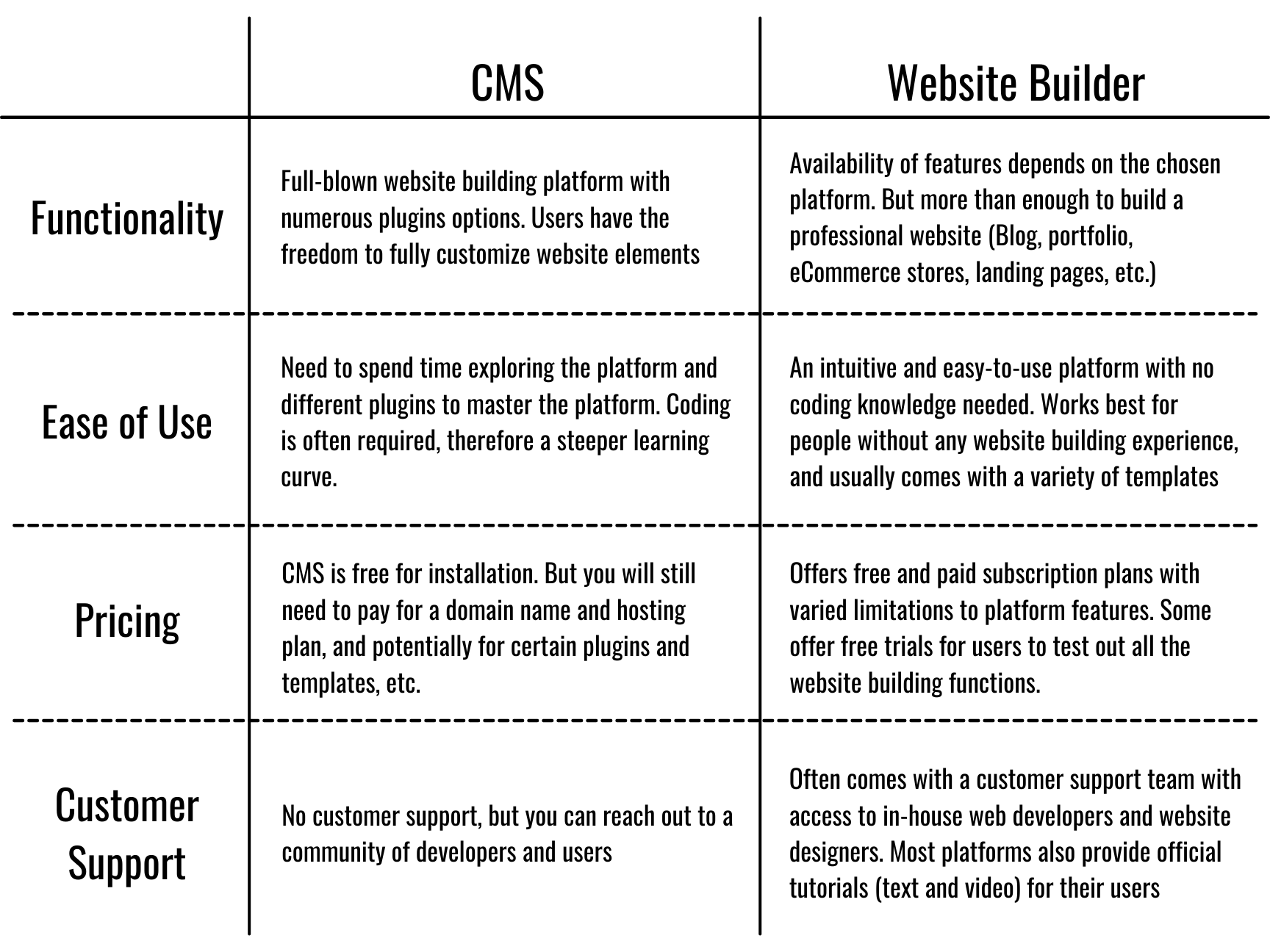CMS vs Website Builder: Which one is for you?
Tips on choosing the right platform to build a website
I’m pretty sure you’ve definitely come across these two terms: “Content Management System (CMS)” and “Website Builder”. People often use these two terms interchangeably, which is understandable since both are essentially achieving the same goal of building a website. But the truth is, these are two very different platforms. And if you chose the “wrong platform”, this might hinder for effort in building a website by yourself. Hopefully, you will get a better understanding of these two kinds of website building platforms by the end of this article, and make a better decision that could benefit you more.
CMS VS WEBSITE BUILDER: WHAT IS THE DIFFERENCE?
Let’s first talk about the differences between the two different website building solutions. CMS is a more complex platform, usually open-source, meaning it is maintained by a community of developers rather than solely by a company. What that also means is that while there is no limitation on the design, functionality, and customization, it would generally require some level of coding knowledge. You do not need to be proficient, but having some understanding would be very helpful if you wish to have full control and wanted to customize it to exactly what you desire.
Alternatively, you can opt to use a website builder, these are all-in-one website building solutions that typically come in the form of a drag-and-drop visual builder. It is easy to use, a good option for newbies and non-technical people. The downside, it is much less flexible in terms of customization.
CMS: PROS AND CONS
CMS is generally much more flexible, largely thanks to the vast amount of third-party plugins available. Using WordPress as an example, since it is the most popular open-source CMS platform powering 40% of the world’s website. For anything that you would want to achieve on your website, you can probably find at least one plugin that fits your needs.
WordPress has an extensive plugin library, with over 59,000 plugins available.
The potential hurdle with plugins is that users might need to manually update, or even configure the plugins so they could run well and keep up to date with your chosen theme. And when I say “configure the plugin”, I literally mean to, at least potentially, tweak the codes.
Source: Stack Exchange
Most CMS platforms tend to focus on helping users to build a certain type of website. For instance, WordPress tends to focus on blogging, while Magneto for eCommerce. That being said, WordPress’s parent company Automattic acquired WooCommerce in 2015. So even when WordPress is more catered towards a blogging platform, you can also incorporate eCommerce functions by using the WooCommerce plugin.
As mentioned in the very beginning, CMS is a very flexible tool that allows users to customize their websites. It is even possible for users to create and build an advanced and sophisticated interactive website. However, this is also potentially the biggest drawback of using CMS platforms. These are full-blown website building solutions, there are just an endless amount of possibilities to craft a “perfect website”. But that also means that there will be a much steeper learning curve compared to alternatives, you will need to spend much more time exploring and mastering this platform. And if you want to fully maximize its potential, it often requires users to know some HTML and CSS language, and JavaScript if you are building an interactive and dynamic website. This will not be easy if you’re just starting to explore the website building world.
WEBSITE BUILDER: PROS AND CONS
Website builders, all if not most, are built with one main purpose: an easy-to-use visual website builder allowing people of all levels of technical expertise to quickly build a website using their pre-built templates and elements. Most come in the form of a drag-and-drop builder, users would not need to code and could easily drag elements to desired locations.
The majority of the website builders also offer integrated blogging and eCommerce features, it is totally up to the user on whether or not to incorporate these engines into their website. Individuals and small business owners can easily add and utilize these features using pre-built templates developed and designed by in-house website designers and developers.
Unlike CMS where you are responsible for updating the system, theme, plugins, and other necessary updates, website builder providers will take full responsibility. And if you are facing any issues or challenges, you can always reach out to their customer support team. Some website builders, for instance, Website.com, offer real-person customer support services by phone or through live chat service. You can also send your inquiry via the web form on their Contact Us page by starting a “case”. These are in-house agents who know their products and services inside out or have access to the backbone of these website builders—the developers and designers. You will also find a lot of written or video guides and tutorials about these platforms.
Source: Website.com
The major problem with website builders, as some will consider, will be the lack of ability to customize for advanced features, such as the ability to build a dynamic website. So while you can get a website up and running very quickly, you are also limited to the functionalities that they are offering. After all, the main goal of website builders is to streamline the process to build a website. So rather than providing a service with full-blown website building capacities, they are, instead, eliminating some “unwanted” functions so users could avoid encountering too many different settings. (Which may or may not be ideal depending on what functionality you need.)
Source: Leg Work Studio
HOW TO DECIDE WHICH PLATFORM IS BEST FOR YOU?
We have covered some of the main pros and cons of both CMSs and website builders. So hopefully by now, you would have a better understanding of the differences between the two website building solutions. But let’s do a quick summary here.
- CMS — The majority of them are full-blown solutions with countless features, plugins, and massive customization capacity. If you wish to not limit your website’s functionality and want full control over how you would want to build their website, CMS would be your go-to option. You would just need to spend more time learning the platform and getting everything up and running. Also keep in mind that as some CMS platforms (E.g. WordPress) are open-source platforms, you wouldn’t be going to a customer support team when encountering issues. But instead seeking help from a community of developers and users (usually via online platforms like forums), which a lot of the time might require coding to solve the issues.
- Website Builder — Much less freedom compared to CMS in terms of functionality and customization, but more and more website builders nowadays are offering more than enough features (drag-and-drop, pre-built elements, blog, and eCommerce engines) to build a well-functioning website. The good thing about using a website builder is that you can easily start building a website with much ease, no coding knowledge required, and have access to customer support if needed.
Ultimately, you are the only one who would know which website builder solution would be best for you. It all depends on your goal: CMS (such as WordPress) if you are opting to have full control over your website with advanced website designs; or website builders if your aim is to just get a site ready with the quickest time possible.
And if you are opting for the website builder option, I am happy to recommend Website.com. They offer a free plan option for users to try out most of their website-building and eCommerce features without any time limit. And if you need more functions and storage, you can always upgrade your plans as your website grows.
Check out this page to know more about Website.com’s website builder.

